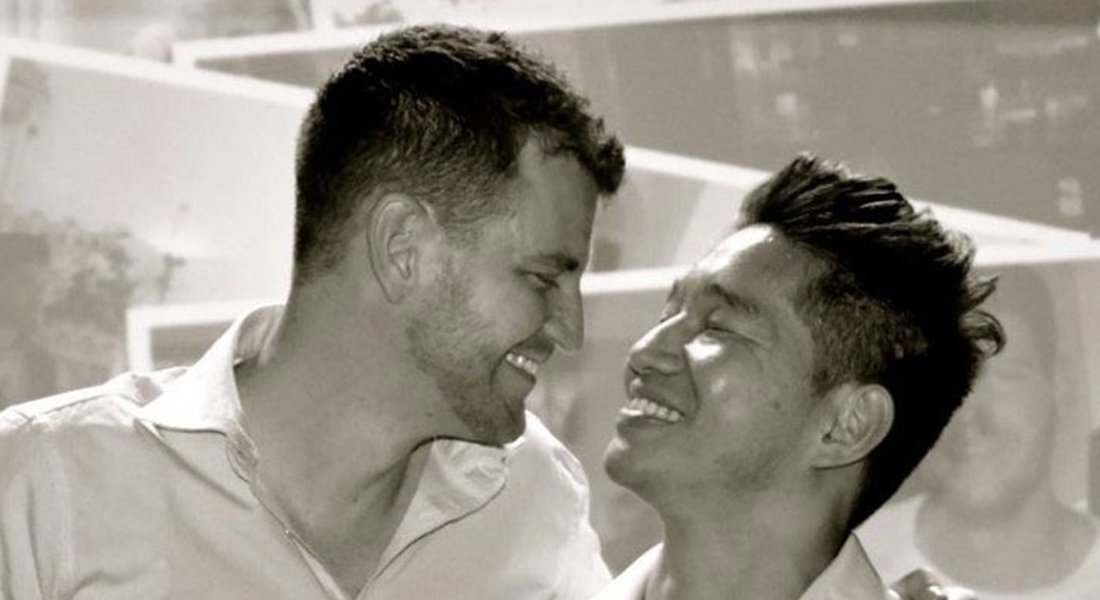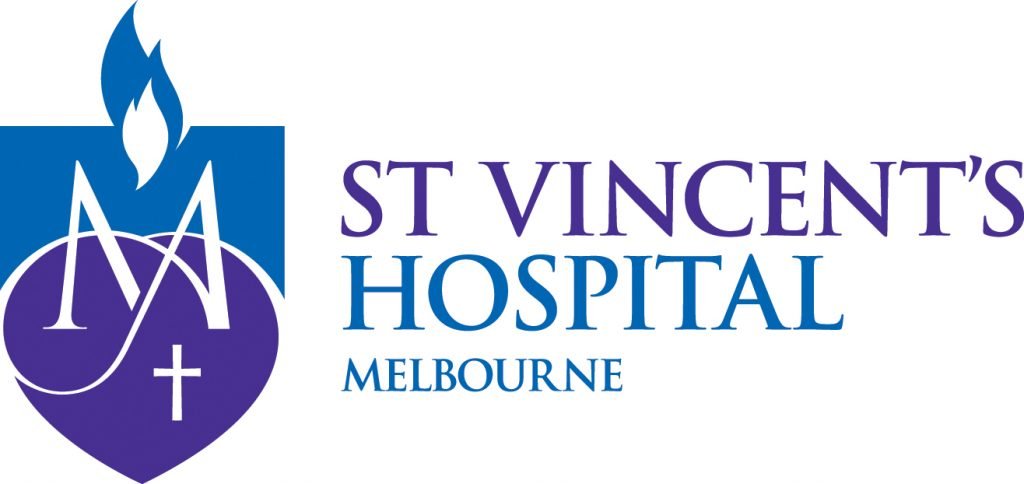“It has given me a greater appreciation of time, spending quality time with family and friends, and certainly has given me this desire to continue Ben’s legacy at every opportunity.”
Khang and Ben learned of Ben’s diagnosis of brain cancer in 2012. Even after surgical removal of the cancer, over the ensuing six years Ben’s prognosis became clear; his life was going to be short. That was when their work to achieve a state of acceptance became important.
During that process Khang, now 39, gradually learned the meaning of palliative care: “The word that comes to mind is choice,” he says. “It’s about being given a choice and being able to express your desire for certain things. To be able to express your values. The nurses and the staff and the doctors at Caritas Christi Hospice were so gracious in doing everything they could to support us in our decision-making.”
To aid the pathway towards acceptance, Khang says: “the key is to be able to farewell your loved one; to be able to have a good death. To achieve this, consider as early as possible, your advance care preferences, appointing a medical treatment decision maker and other powers of attorney and your will. You can then devote your time and energy to being present and spending those precious moments with your loved one.”
Living with hope helps us
“It’s also important to balance acceptance and living with hope. Living with hope is what helps us to get up every morning,” says Khang.
In the spirit of hope Ben studied for his PhD, graduating in December 2017, while at the same time conducting a community choir. Khang explains how hope permeated their practical lives too. “We decided we would travel every year. We went to Germany. Ben had a love for all things German. He spoke fluent German.”
Ultimately what helped the couple to focus on their quality of life was the support they received at Caritas Christi Hospice. “The compassion at the hospice was amazing. The people who work there are angels; they’re beautiful people. That all contributed to Ben having a wonderful end-of-life stage and to his good death. It also helped our families and all our close friends to celebrate his life without having to hide anything, without having to worry about any ramifications because we were a gay couple.”
Khang admits they knew very little about palliative care before Ben’s illness. “I had this notion of, ‘Oh, gosh, this is going to be the end,’ when in fact it’s not necessarily. People can go into hospice for respite, not necessarily to live out their end-of-life stage.”
Khang is keen to let people facing a life-limiting illness know that “palliative care supports people in living well by managing symptoms and pain. The symptoms may be life-threatening but that doesn’t necessarily mean that you’re at the end. Later on it’s about ensuring that you have a good death.”
A good death isn’t all about dying
For Khang and Ben a good death was a goal they both wanted to achieve. “A good death is so important. For me and Ben’s family it helped us grieve well. The fact that Ben had a good death meant my grief was not as complicated as it could have been.”
And a good death isn’t all about dying as Khang and Ben’s wedding elopement attests. “We had our commitment party before gay marriage was legislated. It was a beautiful occasion. Our families came together. I said to Ben, ‘If marriage equality happens we’re not going to have another wedding; the commitment party was enough! We’re eloping!’ In fact, on the day of the wedding, Ben actually reminded me that we were eloping!”
“We had our commitment party before gay marriage was legislated. It was a beautiful occasion.”
Fortunately for Ben and Khang, same-sex marriage became legal in December 2017. This gave them an opportunity for a secret wedding. “I was so grateful that he was alive when that happened.” The couple was married on the 16th February, 2018; the first legal gay marriage at the Caritas Christi Hospice chapel.
It’s been incredibly difficult but transformative
Ben Leske, aged 37 at the time of his death, wanted to leave a positive legacy for others. He worked towards improved research into brain cancer and he conducted various choirs in the community. Khang says, “Our values have always been about supporting people who are less fortunate than us. We have a mindset of social justice; we engage in communities that share those values. We tried to gently educate people; Ben certainly took on what he calls ‘gentle activism’ by conducting the Footscray Community Choir and putting on performances and raising funds for the Asylum Seeker Resource Centre. That was a gentle way of him trying to educate people about the plights of refugees in Australia.”
In line with this social justice mindset, Khang will this year volunteer with Thorne Harbour Health. “I plan to return to supporting clients who are living with HIV and AIDS.”
The first anniversary of Ben’s death was in March 2019. “The last twelve months have been incredibly difficult but it’s been transformative. It has given me a greater appreciation of time, spending quality time with family and friends, and certainly has given me this desire to continue Ben’s legacy at every opportunity. Caritas Christi Hospice facilitated such a beautiful and good death for Ben and this has really helped me on my grief journey.”

